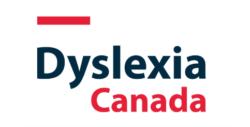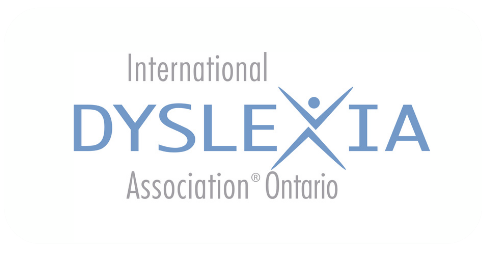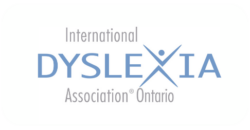This structured journal template, based on the work of David Liben and Meredith Liben, can be used to introduce students to the use of structured journals in their close reading of texts. While this work can be started orally with younger students, this template will […]
Vocabulary knowledge must be intentionally nurtured to ensure that students are ready for the greater vocabulary demands of reading complex texts and writing multi-paragraph essays, but we need to pay attention to cracks in the foundation and scaffold our lessons accordingly, or it all falls […]
Levelled Literacy Intervention (LLI) is a commonly used literacy intervention grounded in the ineffective three-cueing approach to reading instruction. In 2022, the Ontario Human Rights Commission found that LLI is ineffective, both from external research on its effectiveness and boards’ own data on student outcomes. […]
Thank you to Greater Essex County DSB for generously sharing this spreadsheet! It contains sets of texts aligned with content from the 4 frames (kindergarten), social studies and science curricula (grades 1 – 6), and history and geography curricula (grades 7 and 8). These […]
In the “Teaching TV: Learning with Television” lesson from Elizabeth Verrall’s five-part unit for elementary classrooms, students are introduced to television as an informative source and its presentation from specific perspectives. The lesson aims to cultivate students’ ability to derive information from media, identify and […]
The “Teaching TV: Television Techniques” lesson, a component of Elizabeth Verrall’s comprehensive five-part unit for elementary education, offers educators valuable insights for incorporating TV education in classrooms. By guiding students in creating their own media productions, the lesson imparts a practical understanding of how technology […]
The “Teaching TV: Film Production: Who Does What?” lesson, a component of Elizabeth Verrall’s five-part unit for elementary classrooms, offers educators a valuable framework for teaching TV. This lesson engages students in exploring the world of television and film production, fostering an understanding of the […]
The “Teaching TV: Television as a Story Teller” lesson, within Elizabeth Verrall’s comprehensive five-part unit, equips teachers with creative strategies for TV education in elementary classrooms. This lesson guides students in exploring television’s role as a narrative medium. Key learning outcomes encompass understanding how media […]
Watching this webinar from PaTTAN, you will learn why summarizing has been identified through research as highly effective for developing comprehension and writing. It defines a quality summary and how it differs from retelling or paraphrasing. Practical suggestions for explicitly teaching summary writing based on […]
This book is an excellent, reader-friendly resource for kindergarten teachers and Early Childhood Educators. While infant and toddler development takes place before the Ontario curriculum kicks in, the authors are American. Their recommendations for preschoolers generally align with the age of our Year 1 kindergarten […]
When it comes to choosing texts for the classroom, educators have a lot of questions. Should we be looking at levels, lexiles or other readability criteria? Do we limit kids to “just-right” books? How can we scaffold instruction to help struggling readers access age- and […]
Keeping a vocabulary journal is a strategy for helping students apply their knowledge of new words. Research shows that writing supports memory of words because it requires the cognitive skills of retrieval and repetition. Their vocabulary journal can also be a reference for students to […]




